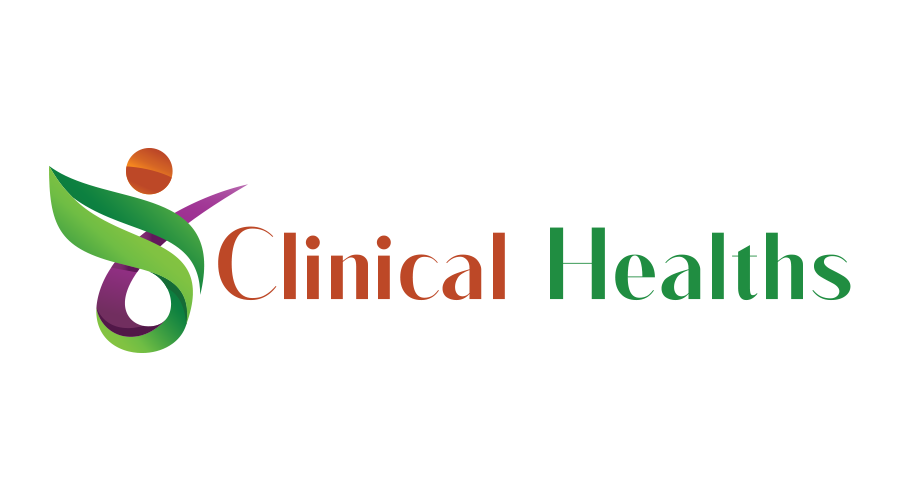Maintaining a healthy balanced diet is one of the most important aspects of achieving overall well-being. By incorporating a variety of good healthy foods, you provide your body with essential nutrients that fuel your daily activities, promote better mood, and protect against various diseases. This article delves into how you can cultivate healthy eating habits and make mindful choices for a balanced, nutritious diet.
Understanding the Basics of a Healthy Balanced Diet
A healthy balanced diet consists of a variety of food groups that supply the nutrients your body needs to function effectively. These groups include proteins, carbohydrates, fats, vitamins, and minerals. The key to balancing your diet is ensuring that you consume these nutrients in appropriate proportions. A well-rounded plate with fruits, vegetables, lean proteins, and whole grains can contribute to long-term health benefits.
Why Focus on Good Healthy Foods?
Incorporating good healthy foods into your daily meals helps your body stay nourished and energized. These foods include nutrient-dense options such as leafy greens, fruits, lean meats, and whole grains. Unlike processed foods, which are often high in unhealthy fats, sugars, and salts, healthy foods offer a wealth of vitamins and minerals without the added calories. By choosing good foods, you support vital bodily functions, maintain healthy weight, and reduce the risk of chronic diseases.
The Importance of Variety in a Healthy Diet
A diverse selection of foods is crucial to ensuring you meet all of your nutritional needs. The body requires a wide array of nutrients, and eating a limited range of foods can result in deficiencies. A healthy balanced diet includes a colorful mix of fruits and vegetables, as well as proteins from different sources like fish, beans, and eggs. Diversity on your plate leads to more complete nourishment, satisfying both your taste buds and your body’s needs.
Whole Grains as a Key Component of Good Healthy Foods
Whole grains, such as brown rice, quinoa, oats, and whole wheat, are excellent examples of good healthy foods. They provide essential fiber, which aids digestion and keeps you feeling fuller for longer. Whole grains are also packed with vitamins and minerals like magnesium, B vitamins, and iron, which are critical for energy production and immune function. Replacing refined grains with whole grains is a simple change that can significantly improve your diet.
Lean Proteins: Building Blocks of a Healthy Diet
Proteins are the building blocks of muscles, tissues, and enzymes, making them a critical part of a healthy balanced diet. Choosing lean sources of protein, such as chicken, turkey, tofu, and legumes, helps reduce the intake of saturated fats. Including protein-rich foods in every meal can aid muscle repair, regulate hormones, and support immune health. Additionally, protein helps you stay full between meals, which is beneficial for weight management.
Incorporating Healthy Fats into Your Meals
Not all fats are bad. Healthy fats, such as those found in avocados, nuts, seeds, and olive oil, play an important role in a balanced diet. These fats are vital for brain function, hormone production, and cell health. The key is to consume these in moderation and avoid trans fats found in processed foods. By prioritizing healthy fats, you promote better cardiovascular health and can even support brain function.
Fruits and Vegetables: Nutritional Powerhouses
Fruits and vegetables are essential to any healthy balanced diet. Rich in vitamins, minerals, and antioxidants, they help protect your body from oxidative stress and chronic diseases like heart disease and cancer. Aim to eat a variety of colors, as each type offers different nutrients. Dark leafy greens provide iron and calcium, while berries are full of antioxidants. Incorporating these nutrient-dense foods into your daily routine will ensure you get a broad spectrum of health benefits.
Conclusion
Incorporating good healthy foods into your daily routine and maintaining a healthy balanced diet is essential for long-term health and vitality. By making conscious food choices, focusing on variety, and including whole grains, lean proteins, healthy fats, and plenty of fruits and vegetables, you can support your body’s needs and feel energized throughout the day. For more insightful tips on healthy eating and wellness, visit fasthealthnews.com.


